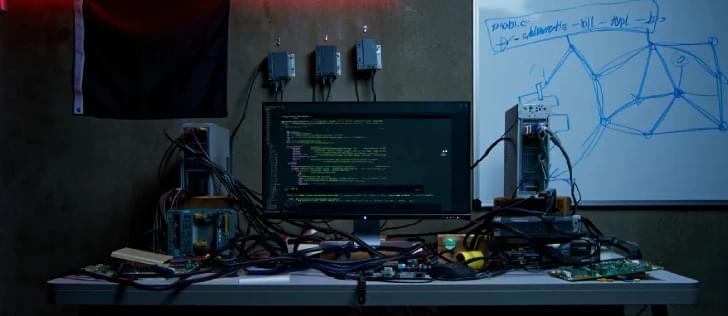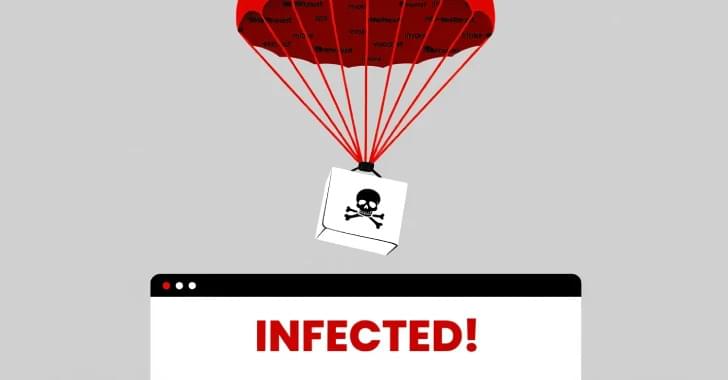Without coordinated action, genomic data could be exploited for surveillance, discrimination, or even bioterrorism. Current protections are fragmented, and vital collaboration between disciplines is lacking. Key to successful prevention will be interdisciplinary cooperation between computer scientists, bioinformaticians, biotechnologists, and security professionals – groups that rarely work together but must align.
Our research lays the foundations for improving biosecurity by providing a single, clear list of all the possible threats in the entire next-generation sequencing process.
The paper also recommends practical solutions, including secure sequencing protocols, encrypted storage, and AI-powered anomaly detection, creating a foundation for much stronger cyber-biosecurity.









